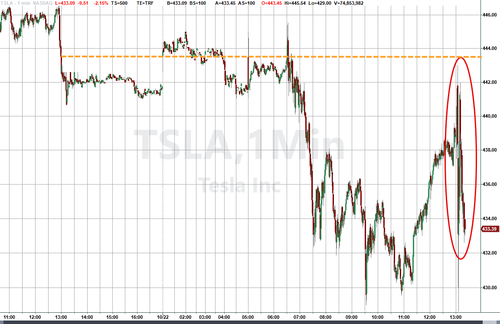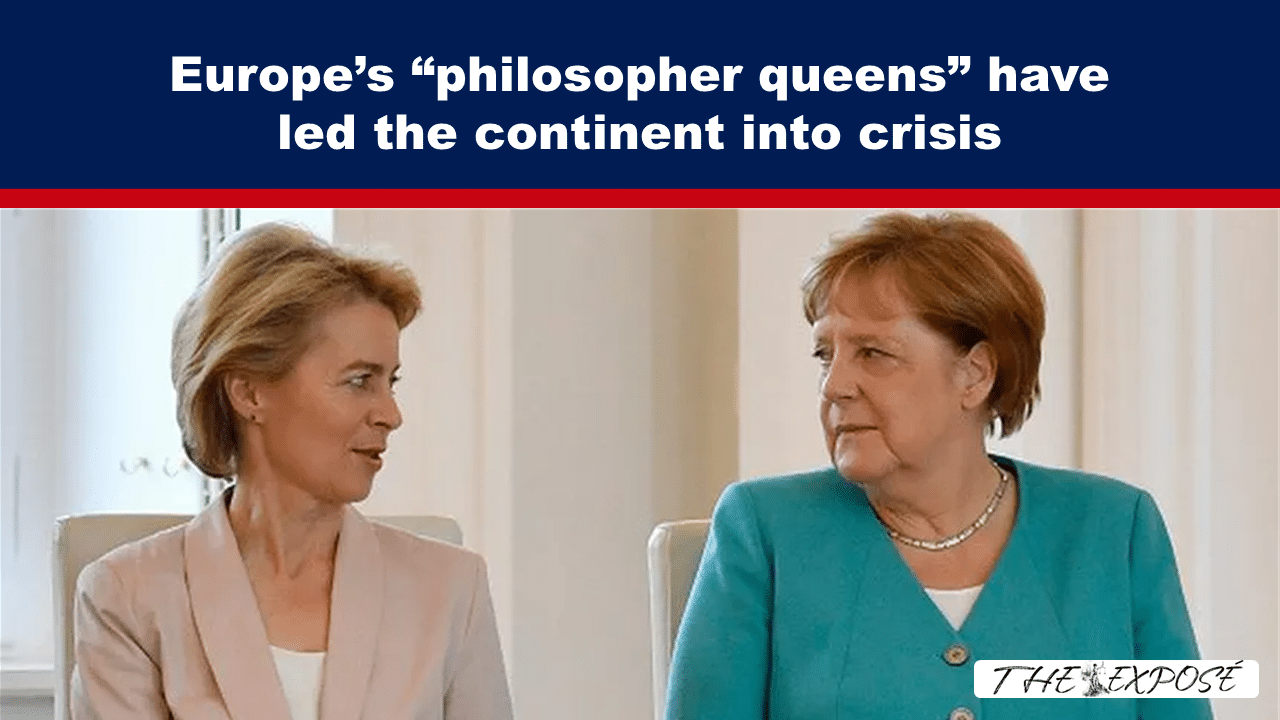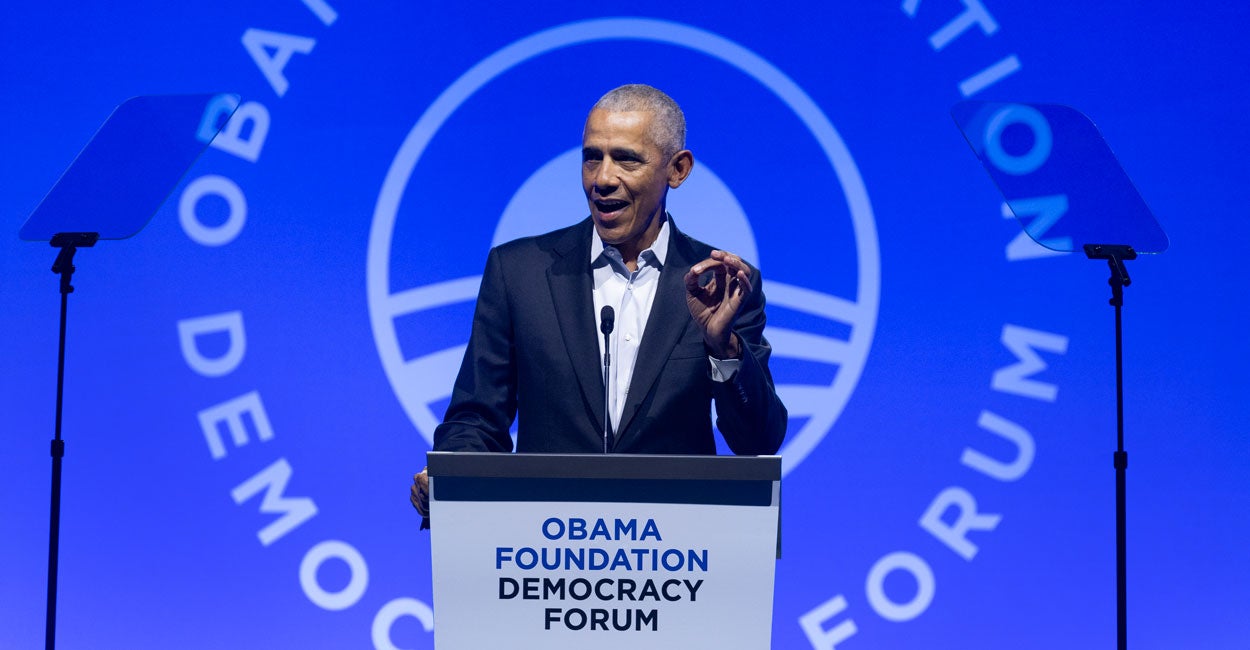Exclusive: California Medicaid Provider Pays Parents Hundreds of Dollars to Vaccinate Their Kids

Source: Children’s Health Defense
One of the largest Medicaid health plans in the U.S. is paying low-income parents hundreds of dollars in gift cards to vaccinate their children, an investigation by The Defender found.
Inland Empire Health Plan (IEHP) — which serves about 1.6 million people in Southern California — gives parents a $200 gift card when their baby receives a flu shot and the rotavirus series of shots by age 1, according to its 2025 Medi-Cal Member Incentive FAQs sent to all of IEHP’s general practitioners, family practitioners and pediatricians.
IEHP also gives a $50 gift card when a 12- or 13-year-old receives the first dose of the HPV vaccine, and an additional $150 gift card if the pre-teen completes the two- or three-dose series by age 13.
Karl Jablonowski, Ph.D., Children’s Health Defense’s (CHD) senior research scientist, said IEHP is undermining true informed consent.
“An incentivized parent choosing vaccination is not medical decision-making — it’s economic decision-making,” he said. “In the case of low-income Medicaid families, that incentive may look more like an undue influence.”
The full scope of the IEHP’s vaccination incentive program is unclear.
According to a 2024 FAQ memo sent to providers, IEHP gave families $25 gift cards when children completed various wellness checkups. The 2024 FAQ memo did not list specific vaccinations that needed to be completed at the wellness visits.
The 2025 FAQ memo didn’t mention rewards for wellness checkups.
Jablonowski said there are valid reasons why parents choose not to vaccinate their children. “That reasoning shouldn’t be conflated with monetary incentives.”
Researchers from the University of Maryland published a peer-reviewed study in June that found the HPV vaccine increases the risk of autonomic dysfunction, including postural orthostatic tachycardia syndrome (POTS), and menstrual irregularities in young women.
A 2024 peer-reviewed study by Dr. Jacob Puliyel and CHD’s Chief Scientific Officer Brian Hooker on the health risks linked to India’s rotavirus vaccine showed that U.S. rotavirus vaccines may pose similar risks.
GlaxoSmithKline, now GSK, manufactures the two-dose rotavirus vaccine, Rotarix, used in the U.S. Merck Sharp & Dohme — a subsidiary of Merck & Co. Inc. — makes the country’s three-dose rotavirus vaccine, RotaTeq.
Both rotavirus vaccines used in the U.S. list several possible adverse reactions, including intussusception, a serious condition that occurs when the intestine slides or telescopes into itself, obstructing the bowel and potentially leading to gangrene or death if untreated.
“Informed consent, with an eye on consequences, is at odds with incentivization programs that show no regard for individual consequences,” Jablonowski said.
Dr. Michelle Perro, a pediatrician in California, agreed. She called the use of gift cards to influence parental medical decisions “deeply troubling.”
“Health decisions must be based on education and the child’s best interest, not a financial reward,” Perro said. “This program should be suspended immediately to restore integrity and transparency to pediatric practice.”
Perro added that she doesn’t recommend routine flu shots or the rotavirus vaccine series for infants. “In my clinical experience and review of the data, the benefits are overstated while the risks, particularly to the developing immune and gastrointestinal systems, are under-acknowledged.”
IEHP launched in 1996 as California’s Medi-Cal provider for Riverside and San Bernardino counties. Medi-Cal, the state’s Medicaid program, provides free or low-cost health coverage for low-income individuals and families.
Though there are now other Medi-Cal providers in the area, IEHP is among the largest. IEHP also claims it is the country’s largest not-for-profit Medicare-Medicaid public health plan.
‘Medi-Cal has posters in every office … for getting these gift cards’
According to its 2025 FAQ memo, IEHP’s vaccination incentive program identifies qualifying members and notifies them that they could earn a gift card when they bring their baby or teen to their primary care provider to receive a complete set of vaccinations.
Roughly two weeks after IEHP receives proof that the baby or teen received the vaccinations, it mails the member a reward certificate with instructions for claiming the gift card online, via phone or by mail.
The FAQ sheet says members can choose from a “selection” of gift cards, but doesn’t specify store or brand names.
IEHP’s 2025 FAQ memo says the incentive program encourages patients “to complete needed immunizations and close gaps in care.”
The Defender is investigating whether other Medi-Cal providers offer similar incentives.
Robbin Clifford, a Medi-Cal member in Orange County, told The Defender she started noticing posters in clinic offices advertising gift cards in exchange for getting kids vaccinated.
“Medi-Cal has posters in every office I have been in for getting these gift cards,” she said. “I realized that these were used as incentives to vaccinate the poor.”
Clifford said she received a $50 Target gift card from her Medi-Cal health plan, CalOptima Health, for completing an adult wellness visit that included a depression questionnaire.
According to CalOptima Health’s member rewards website, the company uses gift cards to incentivize an array of preventative health visits, including cancer screenings, wellness checks, blood lead tests for infants and toddlers, and follow-up care for children on medications for attention-deficit/hyperactivity disorder or ADHD.
IEHP declined to reveal its funding sources for the gift card program.
CalOptima Health and Medi-Cal did not respond to The Defender’s comment request by the deadline.


This article was funded by critical thinkers like you.
The Defender is 100% reader-supported. No corporate sponsors. No paywalls. Our writers and editors rely on you to fund stories like this that mainstream media won’t write.
Providers outside California also pay members to get shots
Other Medicaid providers outside of California also reward parents with gift cards for vaccinating their children, but IEHP’s program appears to offer the highest dollar amount.
Sentara Health Plans, headquartered in Virginia Beach, Virginia, offers its Medicaid members up to $50 in gift cards per year for completing a slew of preventative services, including childhood and adolescent immunizations.
Sentara Health gives $25 when a member ages 6 months or older receives a COVID-19 shot.
The provider also offers $15 in exchange for a child receiving the childhood vaccination series by age 2. This includes two DTaP, three polio, one measles-mumps-rubella (MMR), three Haemophilus influenza type B (Hib), three hepatitis B, one chickenpox, four pneumococcal conjugate, one hepatitis A (Hep A), two or three rotavirus, and two flu vaccines.
Sentara Health also awards a $15 gift card when children ages 9 to 13 receive six different vaccines by their 13th birthday, including Hep A, rotavirus, flu, Tdap/td, meningococcal and HPV.
Related articles in The Defender
- India’s Rotavirus Vaccine Increases Risk of Serious Bowel Condition in Infants — Are U.S. Vaccines Any Safer?
- HPV Vaccine Increases Risk of Autonomic Dysfunction and Menstrual Irregularities in Young Women
- HPV Vaccine May Cause Increase in Cancer-Causing Strains, Study Shows — But Media Puts Misleading Spin on Study’s Findings
- Breaking: Federal Judge Hands Merck Win in Key Gardasil HPV Vaccine Case
- Merck Used Highly Potent Aluminum in Gardasil HPV Vaccine Trials Without Informing Participants
Recent Top Stories
Sorry, we couldn't find any posts. Please try a different search.








